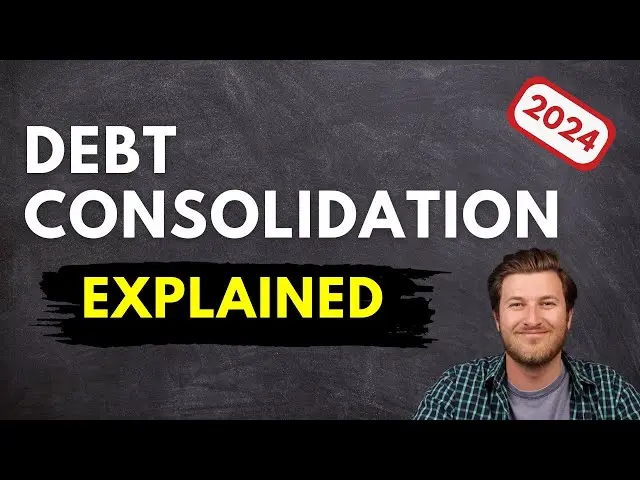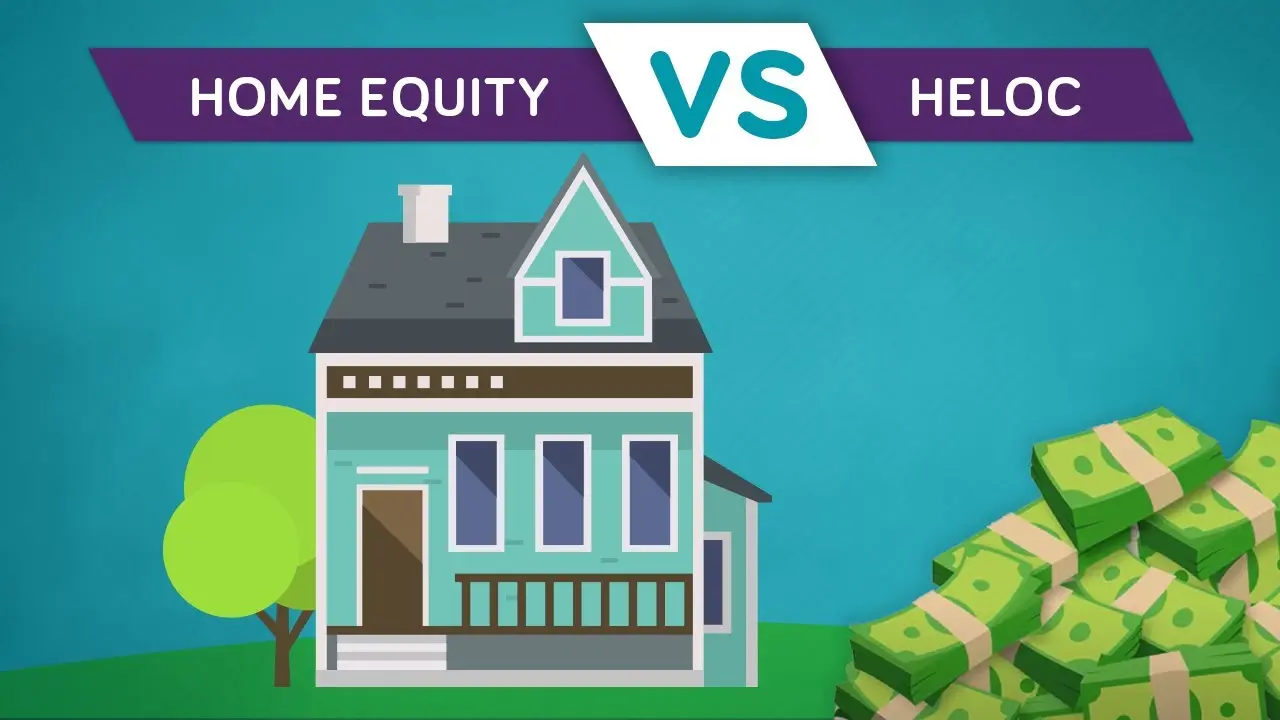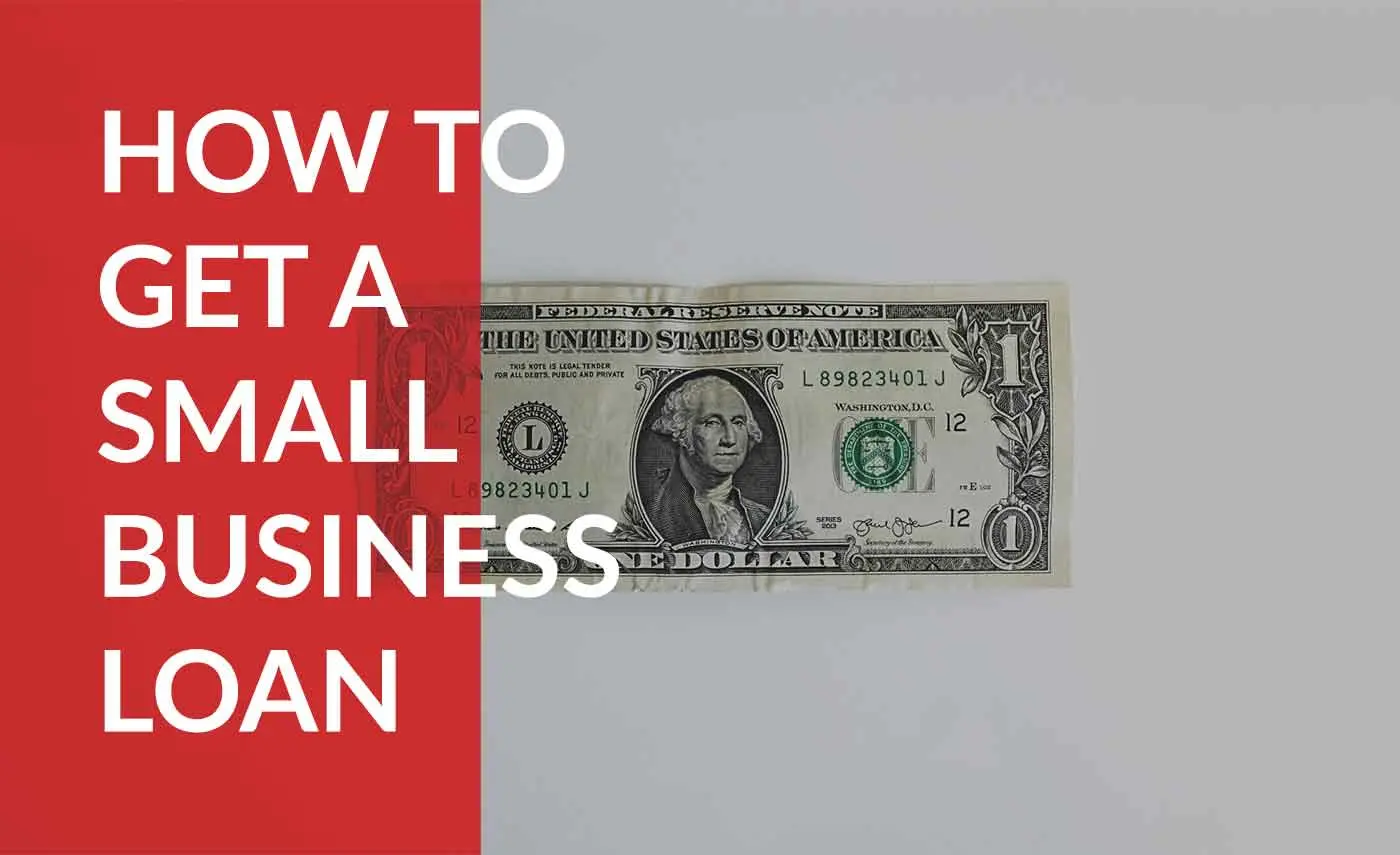
Debt consolidation loans vs. debt consolidation programs: What's the difference?
Debt consolidation loans involve taking out a new loan to pay off existing debts, streamlining repayment into a single monthly payment. These loans often offer lower interest rates and fixed terms. In contrast, debt consolidation programs involve negotiating with creditors to lower interest rates, reduce payments, or settle debts. These programs, facilitated by credit counseling agencies or debt relief companies, aim to create structured repayment plans tailored to the borrower's financial situation. While both options simplify debt management, debt consolidation loans involve taking on new debt, whereas debt consolidation programs focus on renegotiating existing debts for more favorable terms.
What is a debt consolidation loan?
A debt consolidation loan is a financial tool that allows individuals to combine multiple debts into a single loan with a fixed interest rate and repayment term. This type of loan is typically used to simplify debt repayment by consolidating various outstanding debts, such as credit card balances, medical bills, or personal loans, into one monthly payment. By consolidating debts, borrowers can potentially lower their overall interest rate, reduce monthly payments, and streamline their finances. Debt consolidation loans are often secured by collateral, such as a home or vehicle, but can also be unsecured, depending on the borrower's creditworthiness and financial situation.
What is a debt consolidation program?
A debt consolidation program, also known as a debt management or debt settlement program, is a structured approach to managing and reducing debt with the help of a credit counseling agency or debt relief company. In a debt consolidation program, the agency negotiates with creditors on behalf of the borrower to lower interest rates, reduce monthly payments, or settle debts for less than the full amount owed. Borrowers typically make monthly payments to the credit counseling agency, which then disburses funds to creditors according to negotiated terms. Debt consolidation programs aim to help individuals repay their debts more efficiently and become debt-free over time.
Do debt consolidation loans hurt your credit score?
Debt consolidation loans can have both positive and negative impacts on your credit score, depending on how they are managed and utilized:
- Initial Impact: When you apply for a debt consolidation loan, the lender will conduct a hard inquiry on your credit report, which can temporarily lower your credit score by a few points.
- Credit Utilization Ratio: If you use a debt consolidation loan to pay off high-interest credit card balances, your credit utilization ratio may decrease, which can positively impact your credit score. A lower credit utilization ratio indicates that you are using less of your available credit, which is typically viewed favorably by credit scoring models.
- Payment History: Making timely payments on your debt consolidation loan can have a positive impact on your credit score, as payment history is a significant factor in credit scoring models. Consistently making on-time payments demonstrates responsible financial behavior and can help improve your credit score over time.
- New Credit Account: Opening a new credit account for a debt consolidation loan can initially lower the average age of your credit accounts, which may have a slight negative impact on your credit score. However, this impact is typically outweighed by the potential benefits of consolidating high-interest debts and making timely payments.
Overall, while debt consolidation loans may have a temporary impact on your credit score, they have the potential to improve your credit score in the long run if managed responsibly. It's essential to make timely payments on your consolidation loan and avoid taking on new debt to maximize the positive effects on your credit score.
Do debt consolidation programs hurt your credit score?
Debt consolidation programs, also known as debt management or debt settlement programs, can potentially have both positive and negative impacts on your credit score:
- Initial Impact: Enrolling in a debt consolidation program typically involves closing or suspending credit accounts, which can result in a temporary decrease in your credit score. This is because closing accounts can affect your credit utilization ratio and reduce the average age of your credit accounts, both of which are factors in credit scoring models.
- Missed Payments: If you miss payments on debts enrolled in a debt consolidation program, it can have a negative impact on your credit score. Late or missed payments can be reported to credit bureaus and may result in further damage to your credit score.
- Credit Counseling: Some debt consolidation programs require credit counseling sessions as part of the enrollment process. While credit counseling itself does not directly impact your credit score, it may be noted on your credit report, potentially affecting how lenders view your creditworthiness.
- Debt Settlement: If you enroll in a debt settlement program, where debts are negotiated and settled for less than the full amount owed, it can have a negative impact on your credit score. Debt settlement typically involves not paying creditors the full amount owed, which can result in accounts being reported as settled for less than the full balance.
Overall, while debt consolidation programs may initially have a negative impact on your credit score, their long-term effects depend on how the program is managed and your ability to make timely payments. It's essential to carefully consider the potential impact on your credit score and weigh it against the benefits of enrolling in a debt consolidation program to determine the best course of action for your financial situation.
Who is a debt consolidation loan best for?
Debt consolidation loans can be beneficial for individuals facing multiple high-interest debts and seeking to simplify their repayment process. They are best suited for individuals who:
- Have Multiple Debts: If you have multiple debts, such as credit card balances, personal loans, or medical bills, a debt consolidation loan can help streamline repayment by combining these debts into a single monthly payment.
- Want to Simplify Repayment: Managing multiple debts with varying due dates and interest rates can be overwhelming. A debt consolidation loan allows you to consolidate these debts into one easy-to-manage payment, simplifying your finances.
- Seek Lower Interest Rates: Debt consolidation loans often come with lower interest rates compared to credit cards and other high-interest debts. Consolidating high-interest debts into a single loan can potentially save you money on interest charges over time.
- Desire Fixed Monthly Payments: Debt consolidation loans typically come with fixed monthly payments, making it easier to budget and plan for repayment. Knowing exactly how much you need to pay each month can provide peace of mind and stability.
- Have Good Credit: Individuals with good credit scores are more likely to qualify for favorable terms and lower interest rates on debt consolidation loans. If you have a good credit score, you may be able to secure a loan with more favorable terms and conditions.
- Are Committed to Repayment: It's essential to approach debt consolidation loans with a commitment to repayment. While consolidating debts can simplify your finances, it's crucial to make timely payments on your consolidation loan to avoid further financial difficulties.
Overall, debt consolidation loans are best for individuals who want to simplify their debt repayment process, save money on interest charges, and have the means to make consistent monthly payments. If you meet these criteria and are committed to repaying your debts, a debt consolidation loan may be a suitable option for managing your financial situation more effectively.
Who is a debt consolidation program best for?
Debt consolidation programs, also known as debt management or debt settlement programs, are best suited for individuals facing significant financial challenges and struggling to manage multiple debts. They may be particularly beneficial for individuals who:
- Are Overwhelmed by Debt: If you feel overwhelmed by multiple debts, including credit cards, medical bills, or personal loans, a debt consolidation program can provide relief by consolidating these debts into a single, manageable monthly payment.
- Are Unable to Keep Up with Payments: If you're struggling to keep up with minimum payments on your debts and are at risk of falling further behind, a debt consolidation program can help negotiate more affordable payment arrangements with your creditors.
- Want to Avoid Bankruptcy: For individuals considering bankruptcy as a last resort, a debt consolidation program may offer an alternative solution to address their debts while avoiding the long-term consequences of bankruptcy on their credit and financial future.
- Seek Lower Interest Rates and Fees: Debt consolidation programs may negotiate with creditors to lower interest rates, waive fees, or reduce the total amount owed, helping individuals save money on interest charges and fees over time.
- Need Professional Guidance: Debt consolidation programs often provide access to credit counseling and financial education resources, helping individuals gain a better understanding of their financial situation and develop effective strategies for managing debt.
- Are Willing to Commit to Repayment: Enrolling in a debt consolidation program requires a commitment to making regular monthly payments toward your debts. It's essential to be prepared to adhere to the repayment plan outlined by the program and make timely payments to creditors.
Overall, debt consolidation programs are best for individuals facing significant financial hardship, struggling to manage multiple debts, and seeking professional assistance to negotiate more favorable terms with creditors. If you meet these criteria and are committed to addressing your debts, a debt consolidation program may provide the support and guidance you need to regain control of your finances and work toward a debt-free future.









